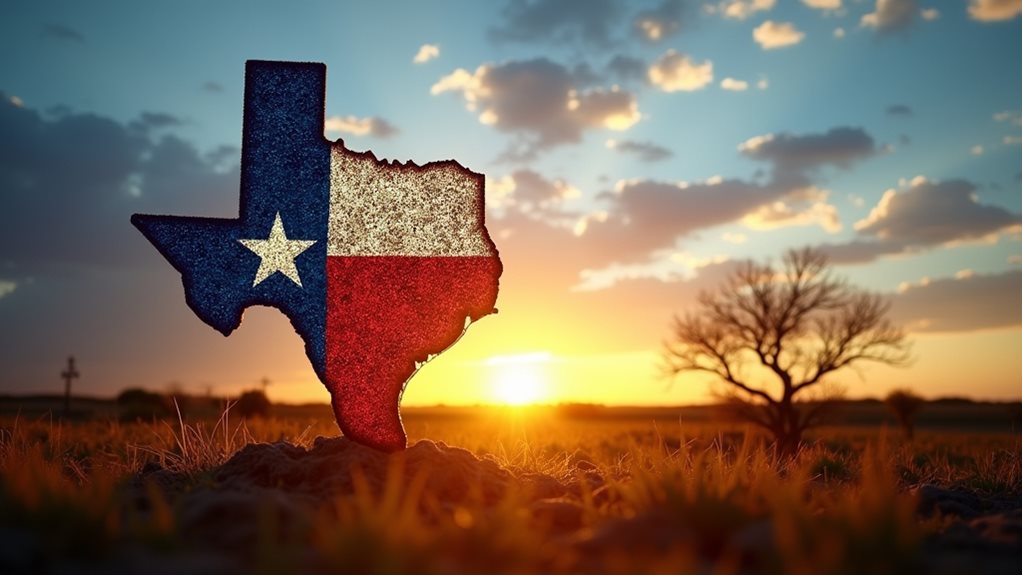Texas is making waves in the crypto world with Senate Bill 21. The legislation, already through both chambers with bipartisan support, would establish a state-operated Bitcoin reserve – separate from regular treasury funds. It’s a bold move that could pull thousands of Bitcoin off the market. With the Governor’s signature as the final hurdle, Texas stands ready to flex its financial muscle. The implications for Bitcoin’s future could be massive.

A seismic shift is underway in the Lone Star State‘s financial terrain. Texas, already an economic powerhouse ranking as the world’s eighth-largest economy, is about to dive headfirst into the crypto pool with both feet. Senate Bill 21, which has sailed through both legislative chambers with surprising bipartisan support, now sits on the Governor’s desk awaiting one final signature. After Third Reading approval today, the bill moves closer to making history.
Texas, an economic giant, stands ready to revolutionize state finance by embracing cryptocurrency through groundbreaking bipartisan legislation.
The bill has moved swiftly through the legislative process, reaching 50% progression in its journey through various committees and votes.
Let’s be real – this isn’t your typical boring state legislation. We’re talking about Texas creating its very own Bitcoin piggy bank, officially called the Texas Strategic Bitcoin Reserve. And yes, it’s exactly what it sounds like: a special fund designed specifically for Bitcoin investments, kept separate from the regular state treasury. Because apparently, regular old dollars are just too mainstream for Texas.
The implications are massive. When a state with Texas-sized economic muscle decides to start hoarding Bitcoin, people notice. The move would effectively pull thousands of Bitcoin off the market, potentially sending ripples through the crypto ecosystem. It’s like Texas walked into the crypto party and decided to drink straight from the punch bowl. With Bitcoin’s fixed supply cap of 21 million coins, every purchase by a major player like Texas could significantly impact market dynamics.
This isn’t happening in a vacuum. Texas would become the third U.S. state to establish such a reserve, joining a small but growing club of states that apparently think traditional assets are so last century. The legislation’s success could trigger a domino effect, pushing other states to follow suit – because nobody wants to be the last one to join the crypto party.
The strategic intentions are clear as a Texas summer day. The state wants to use Bitcoin as a hedge against inflation, establish itself as a fintech innovation leader, and maybe flex a little financial muscle along the way.
But make no mistake – this isn’t just about following trends. Texas is betting big on Bitcoin’s long-term value proposition, and they’re putting their money where their mouth is.
The countdown to the Governor’s decision has begun. One signature could change the game for Bitcoin adoption in America’s public sector. No pressure, Governor. No pressure at all.









